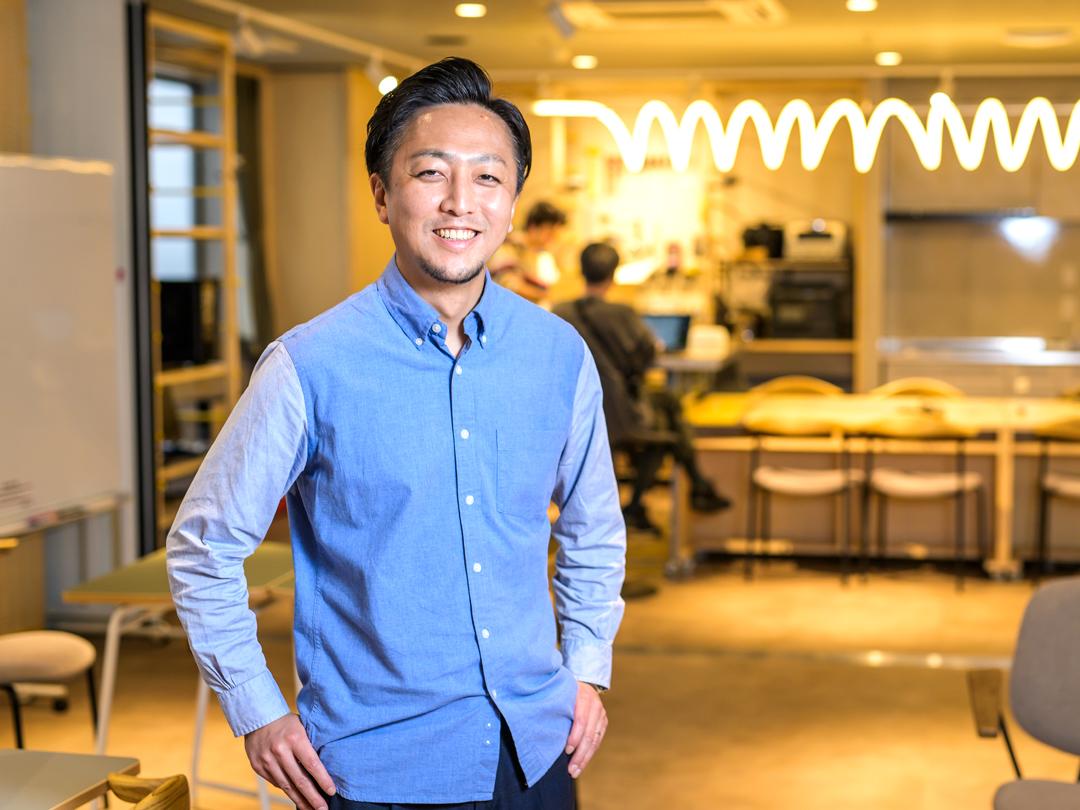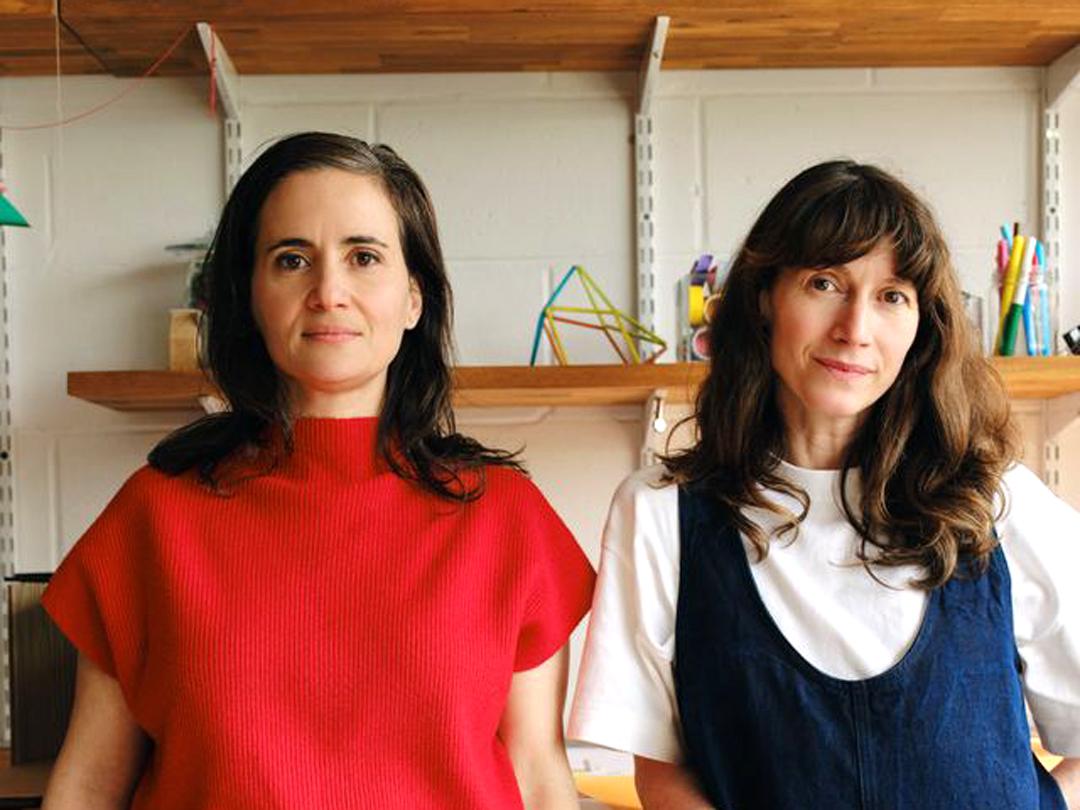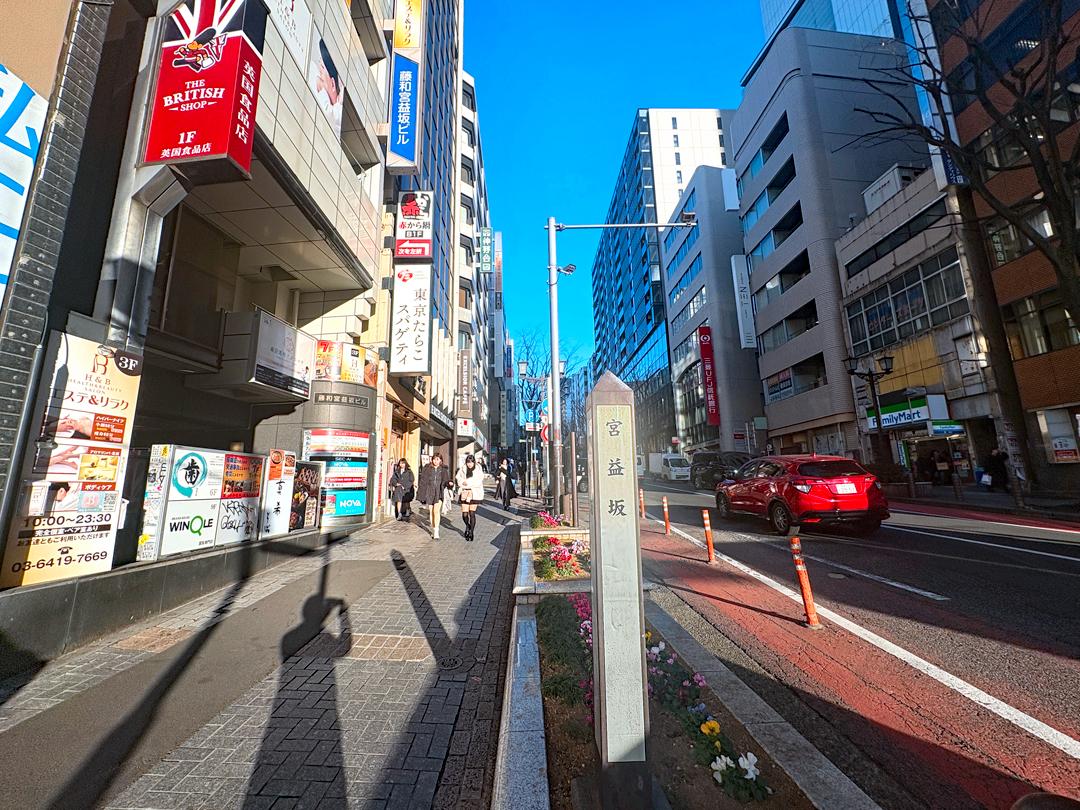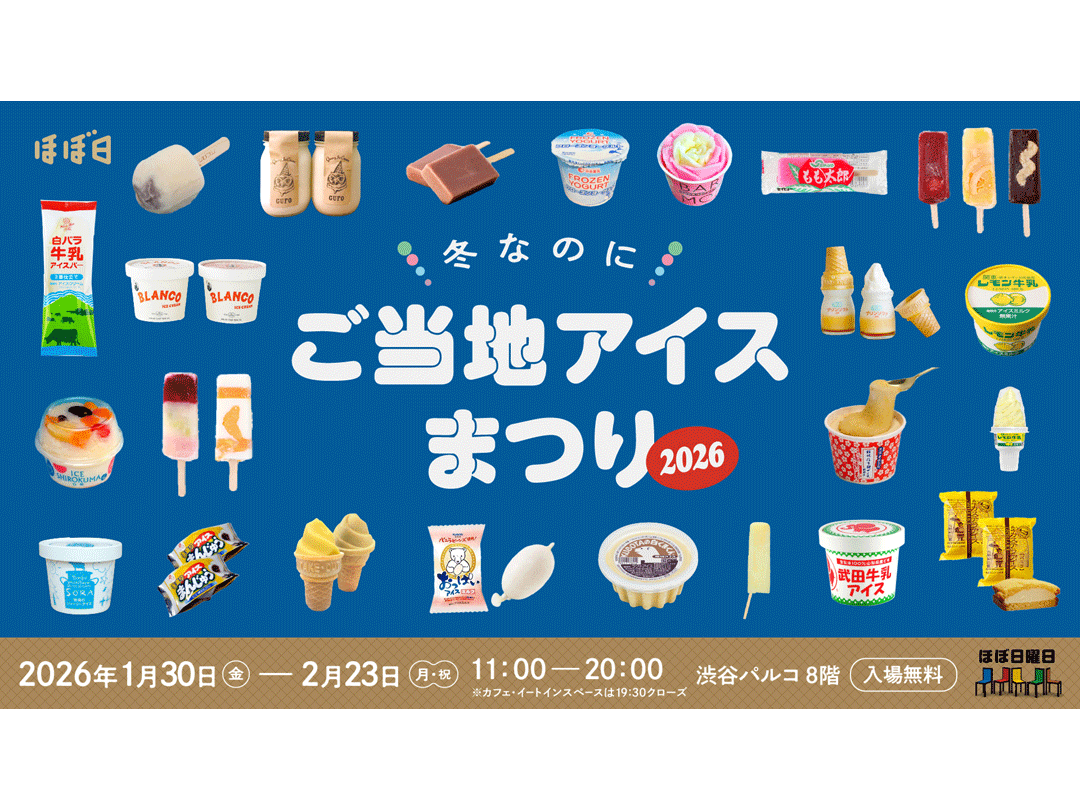SHIBUY.A. × EVENT
2025-03-08
"Making space travel more comfortable for ordinary civilians: Innovations aimed at through research into comfortable ECLSS" (QWS Academia, Waseda University)
A program to encounter "unknown questions" in collaboration with universities
2025-02-01
Source: Peatix
[SHIBUYA QWS original program "QWS ACADEMIA"]
This is a program in collaboration with universities that allows students to encounter "unknown questions." At universities, there are students and researchers who are facing a wide variety of "questions." "QWS ACADEMIA" is not just a class where knowledge is transmitted, but aims to stimulate each other in both directions and create a chemical reaction.
[Objective of the event]
Waseda University's Institute for Global Science and Intelligence Integration and the Center for Comfortable ECLSS Research and Development will be holding a public event titled "Making space stays comfortable for ordinary civilians: Innovations aimed at through research into the comfort of ECLSS."
The Basic Plan for Space Policy (decided by the Cabinet on June 13, 2023) has established the basic guidelines for space policy for the next 10 years, looking ahead to the next 20 years, in anticipation of the development of new economic and social activities in space, in light of the fact that the sphere of human activity is expanding beyond the Earth and low Earth orbit, to the surface of the moon, and even to deep space. Until now, space has been a space where only specially trained people such as astronauts can carry out missions, and for many ordinary people it has been an extraordinary world, like a dream. Recently, private space travel has been planned, and many companies in the industrial sector, including those in traditional non-space fields, are accelerating their research and development with space in mind. From now on, the era in which existing industries will enter the space business will accelerate at a rapid pace.
However, the environment of the closed living space of a space base is completely different from the abundant water resources and atmospheric conditions that we take for granted on Earth. In space, various environmental conditions such as gravity, temperature, humidity, and air and water circulation are different from those on Earth. Therefore, with the aim of humans living daily lives in space in the medium to long term, research has been conducted on the Environmental Control Life Support System (ECLSS) necessary for manned space activities, and on the Closed Ecology Experiment Facilities (CELSS) for manned deep space exploration activities beyond the Moon, such as on Mars.
It is expected that the environment and behavioral constraints that are so different from those on Earth will affect human perception and experiences in space. We came to the idea that when ordinary civilians, rather than specially selected and trained professional astronauts, stay in space in the future, the key to realizing QOL and well-being in space may lie in the "everydayness" that we humans experience in our lives on Earth.
Therefore, we have launched the Comfortable ECLSS Research Project to design comfortable living and circulation in space, targeting the space in which ordinary people live in low-orbit space bases. Based on the space policy set out in the Basic Space Act and the Space Technology Strategy, this event will be held to discuss the future of the space industry and innovation with companies, startups, and researchers in non-space fields.
Researchers and students participating in the project will be gathering, so if you are interested in the project, would like to exchange information on research topics, or are interested in industry-academia collaboration, please make the most of your time and come join us.
【Overview】
◆Date and time: Saturday, March 8, 2025, 18:00-20:30 (Doors open: 17:30)
◆ Venue: SHIBUYA SCRAMBLE SQUARE 15th floor SHIBUYA QWS Cross Park
◆Participation fee: Free
◆Application link: https://qws-academia-250308.peatix.com
◆ Target audience: Anyone who is interested in the project can participate (high school students, university students, graduate students, faculty and staff, teachers, researchers, working adults, etc.)
◆Jointly sponsored by the SHIBUYA QWS Innovation Council and the Council on Industrial Competitiveness (COCN) "Development and social implementation of well-being alternative proteins for achieving food sustainability" project
◆Co-organized by Waseda University Global Science and Knowledge Integration Institute
◆Sponsor: Beyond 2020 NEXT PROJECT
◆Sponsored by: Waseda University Faculty of Science and Engineering, "Insect-related Studies for Food, Fishery, and Farming (iF3)" project, Tokyo Women's Medical University Institute of Advanced Biomedical Sciences
【program】
17:30 |Opening/Registration
Moderator: Chihiro Nozaki (Associate Professor, International Center for Science and Engineering, Waseda University)
18:00-18:20 | Opening remarks/Outline of the Comfortable ECLSS Research and Development Center
・Tomomi Nonaka (Professor, School of Creative Science and Engineering, Waseda University)
18:20-18:50 | Keynote speech: "Life sciences for the realization of comfortable ECLSS"
・Tatsuya Shimizu (Director/Professor, Institute of Advanced Biomedical Sciences, Tokyo Women's Medical University)
18:50-19:05|Lecture 1 "Global ECLSS research to date and towards 2050"
・Masahito Sakurai (Principal Investigator, Japan Aerospace Exploration Agency, JAXA)
19:05-19:20 | Lecture 2 "Open Innovation for Space"
Tetsuya Sakashita (Chief Engineer Office, Independent Evaluation Team Leader (Manned Division), Japan Aerospace Exploration Agency)
19:20-19:35 | Lecture 3: "Changing space business - Space changing with the entry of existing industries"
・Shirosaka Seiko (Chairman and Professor, Graduate School of System Design and Management, Keio University)
19:35-19:45|Break
Moderator: Ayaka Matsumoto (1st year doctoral student, Graduate School of Advanced Science and Engineering, Waseda University)
19:45-20:25 | Panel discussion: "Research, development and innovation for space travel by ordinary civilians"
・Tatsuya Shimizu (Tokyo Women's Medical University, Institute of Advanced Biomedical Sciences/Professor)
・Masahito Sakurai (Principal Investigator, Japan Aerospace Exploration Agency, JAXA)
Tetsuya Sakashita (Chief Engineer Office Independent Evaluation Team Leader (Manned Division), Japan Aerospace Exploration Agency)
・Shirosaka Seiko (Chairman/Professor, Graduate School of System Design and Management, Keio University)
Tetsuma Nakagawa (Chief Researcher (Lecturer) at the Waseda University Global Science and Knowledge Integration Institute)
Moderator: Tomomi Nonaka (Professor, School of Creative Science and Engineering, Waseda University)
20:25-20:30|Closing remarks
Toru Asahi (Professor and Dean of the School of Advanced Science and Engineering, Faculty of Science and Engineering, Waseda University)
【Speakers】
Tomomi Nonaka (Professor, School of Creative Science and Engineering, Waseda University)
He specializes in industrial systems engineering and service engineering. He holds a PhD in systems engineering. After graduating from the Faculty of Environment and Information Studies at Keio University, he worked in search engine marketing at a company before enrolling in the master's and doctoral programs at Keio University Graduate School of System Design and Management (SDM) as a member of the first class and graduating early in four years. At SDM, he participated in postgraduate study abroad programs at Delft University of Technology and the Swiss Federal Institute of Technology, as well as a research internship at MIT. He has served as a specially appointed assistant professor at the Graduate School of System Informatics at Kobe University, an assistant professor at the Department of Industrial Systems Engineering at the Faculty of Science and Technology, Aoyama Gakuin University, an associate professor at the Faculty of Food Management at Ritsumeikan University and deputy general manager of Ritsumeikan EDGE+R, and will become a professor in the Department of Industrial Systems Engineering at the School of Creative Science and Engineering at Waseda University in April 2023. He is engaged in research into sustainable business and social systems, and the design of service production systems based on human information such as job satisfaction and productivity. His publications include “Food Transformation (FX): A Systems Engineering Approach to Elevate Value through Cooking Recipe Design with Alternative Proteins”, 34th Annual INCOSE International Symposium (2024), “Service Engineering for Gastronomic Sciences” (Springer, 2020), and “Employee Satisfaction Model Considering Customer Satisfaction: Analysis of Differences by Job Type in Restaurants” (Journal of the Japan Industrial Management Association, 2016). He is a member of the Cabinet Office Cool Japan Academia Forum and an advisor to Onomichi City's Well-Being Policy.
Tatsuya Shimizu (Director/Professor, Institute of Advanced Biomedical Sciences, Tokyo Women's Medical University)
After graduating from the Faculty of Medicine at the University of Tokyo in 1992, he worked as a cardiologist at Saiseikai Central Hospital and JR Tokyo General Hospital. He then engaged in molecular biology research at the University of Tokyo Graduate School. In 1999, he started regenerative medicine research using Japan-made cell sheet technology at the Institute of Advanced Biomedical Sciences at Tokyo Women's Medical University, the first in the world, and succeeded in creating three-dimensional myocardial tissue that pulsates at a level visible to the naked eye. He became a professor at the institute in 2011 and director in 2016. He aims to apply three-dimensional tissue construction technology to regenerative medicine, drug discovery models, and cultured food. He received the Minister of Education, Culture, Sports, Science and Technology's Science and Technology Award (Research Division) in 2009, the Nikkan Kogyo Shimbun Prize at the 7th Monozukuri Collaboration Award in 2012, the Sato Prize at the 39th Japan Heart Foundation Award of the Japanese Circulation Society in 2014, and the 2015 Japan Society for Regenerative Medicine Award in 2015. His specialties are regenerative medicine, tissue engineering, myocardial regeneration, and cardiology. He serves as project manager for Moonshot Agriculture, Forestry and Fisheries Research and Development Project Objective 5: "Bioeconomic cultured food production system using circular cell culture with algae and animal cells."
Masato Sakurai (Japan Aerospace Exploration Agency, Research Director)
Fluid phenomena in microgravity (Marangoni convection), space environment utilization science, Environmental Control and Life Support System (ECLSS). He invented a 3D observation technique for the Marangoni convection phenomenon, which is prominent in microgravity, and proposed the basis for the first and most frequently conducted experiment on the ISS "Kibo." He invented a water electrolysis technique in a microgravity field to produce oxygen, and is working on regenerative Environmental Control and Life Support System (ECLSS) technology, including air and water regeneration. He is conducting research to realize a space base that is conscious of material circulation as a test bed for global environmental issues.
Professor and Chair of the Graduate School of System Design and Management, Keio University
Graduated from the University of Tokyo Graduate School of Aerospace Engineering and Keio University Doctoral Program in Systems Engineering. After graduating from the graduate school of Aerospace Engineering, he worked in space development at Mitsubishi Electric Corporation for 15 years. He participated in the development of "Kounotori" and other projects. At the university, he has been researching large-scale system development and innovation creation methodologies for technology and society integration systems. He has been teaching system design at Keio University since 2004, and has been an associate professor at the Graduate School of System Design and Management since 2010 and a professor since 2017. He will be the dean of the SDM Graduate School in October 2023. He developed an on-demand small synthetic aperture radar (SAR) satellite as a program manager for the Cabinet Office's Impulsing Paradigm Change (ImPACT) Program. He founded Synspective Inc. to implement the technological results in society (received the Minister of Education, Culture, Sports, Science and Technology Award at the Japan Startup Awards 2022). He supports government activities as a member of many committees, including the Cabinet Office Space Policy Committee, the Cabinet Secretariat Digital Market Competition Council, and the Ministry of Economy, Trade and Industry's Industrial Structure Council Green Innovation Project Subcommittee.
Tetsuya Sakashita (Chief Engineer Office, Independent Evaluation Team Leader (Manned Section), Japan Aerospace Exploration Agency, JAXA)
After completing a master's degree in mechanical engineering at a university graduate school, he joined the National Space Development Agency of Japan (now the Japan Aerospace Exploration Agency (JAXA)) in 1990. He was responsible for the development of the International Space Station's Kibo Japanese Experiment Module, the Life Science Experiment Facility (Centrifuge), and the space station resupply vehicle KOUNOTORI (mainly the pressurized module). He is involved in the ECLSS as a subsystem for these. After working in the Press Group in the Public Relations Department, he was involved in Kibo space experiment integration work and open innovation work for space exploration technology. He currently provides review support and advice for JAXA's manned space activities and technologies in general. He is an ergonomics expert certified by the Japan Ergonomics Society.
Tetsuma Nakagawa (Chief Researcher (Graduate School Lecturer), Global Science and Knowledge Integration Institute, Waseda University Research Organization)
Born in Kanagawa Prefecture, raised in Tokyo. Graduated from Waseda Jitsugyo High School in 2008, graduated from Waseda University School of Advanced Science and Engineering Department of Life and Medical Science in 2012, completed the Master's course in Life and Medical Science at Waseda University Graduate School of Advanced Science and Engineering in 2014, and completed the integrated doctoral course in Advanced Science and Engineering at Waseda University Graduate School of Advanced Science and Engineering in 2018, receiving a PhD in Science. From 2018 to 2022, he was a full-time researcher at the Kanagawa Institute of Industrial Science and Technology (local independent organization) and a visiting researcher at the Department of Physics and Information Engineering, Faculty of Science and Technology, Keio University, and then a principal researcher (graduate school lecturer) at Waseda University Kagami Memorial Institute for Materials Science before assuming his current position. He is currently the group leader of the Nano-Physical Property Measurement Tecton project of the JST Creative Science and Technology Promotion Program (ERATO) "Yamauchi Material Space Tectonics Project" and the principal researcher of the "Development of Optical Connection Metalens Using Dielectric Metasurfaces" project (Environment and Energy field) of the NEDO Public-Private Young Researcher Discovery Support Project Joint Research Phase (Environment and Energy field). In 2023, he received the 53rd (Autumn 2022) Society of Applied Physics Lecture Encouragement Award from the Society of Applied Physics and the 19th Osawa Award from the Fullerene, Nanotube, and Graphene Society. His specialties are physical chemistry, nanomaterials engineering, and electrical and electronic materials engineering, and his research interests are diverse, including chiral drugs, symmetry breaking in high-temperature superconductors, applications of mesoporous metal and semiconductor thin films to chemical and optical sensors, and the development of metalenses for optical communications.
Toru Asahi (Professor and Dean of the School of Advanced Science and Engineering, Faculty of Science and Engineering, Waseda University)
Born in Fukui Prefecture and raised in Tokyo. Graduated from Tokyo Metropolitan Hakuo High School. Graduated from the Department of Applied Physics, Faculty of Science and Engineering, Waseda University in 1986, completed a master's course in Physics and Applied Physics in 1988, received a PhD in Science from the same department in 1992, and an MBA in 2007. He is the Director of Waseda University's Global Science and Knowledge Fusion Institute, Vice Director of the Nano & Life Innovation Research Organization, and will serve as Dean of the Faculty of Advanced Science and Engineering and Graduate School of Science and Engineering at Waseda University from September 2024. He will promote interdisciplinary research and work to develop innovative human resources. He is the deputy project manager of the Moonshot Agriculture, Forestry and Fisheries Research and Development Program's Goal 5 "Development of a circular food production system supported by insects to solve global food problems and advance humanity into space" and a project member of the "Bioeconomic cultured food production system by circular cell culture using algae and animal cells" project, the project leader of the Industrial Competitiveness Roundtable's "Development and social implementation of well-being alternative proteins to achieve food sustainability," the project manager of the JST Creative Science and Technology Promotion Program (ERATO) "Yamauchi Material Space Tectonics Project," and an advisor for Onomichi City's well-being policy. His research interests include chiral science, biological science, crystal optics, functional thin films, symmetry breaking, and circular food production systems.
[Moderator]
Chihiro Nozaki (Associate Professor, International Center for Science and Engineering, Waseda University)
In 2004, he completed his master's degree in polymer science at the Kyoto Institute of Technology Graduate School of Science and Technology, and in 2007, he completed his doctoral degree in pharmaceutical science at Hoshi University Graduate School of Pharmaceutical Sciences, receiving a master's degree in engineering and a doctorate in pharmaceutical science. After working in Europe at Aalborg University in Denmark, the French National Institute of Genetics and Cellular Molecular Biology (IGBMC), and the Faculty of Medicine at the University of Bonn in Germany, he assumed his current position in 2020. He is conducting basic research into the contribution of recreational drugs such as opioids and cannabinoids to chronic inflammatory diseases accompanied by pain, while exploring ways to utilize plant and animal resources, which have low social acceptance, in the same way as modern society.
Ayaka Matsumoto (1st year doctoral student, Graduate School of Advanced Science and Engineering, Waseda University)
Graduated from Waseda University Honjo Senior High School in 2020 and from the Department of Life and Medical Sciences, School of Advanced Science and Engineering, Waseda University in 2024. Currently affiliated with the Waseda University Biophysical Science Laboratory (Asahi Laboratory). Specializes in physical chemistry and chiral science. Received the Best Poster Presentation Award at the symposium "Molecular Chirality 2023" in 2023. From April 2024, will be a part-time lecturer at Waseda University Honjo Senior High School. Secretary General of the student group Beyond 2020 NEXT PROJECT, member of the World Children's Future Conference Project supporting the United Nations, SDGs Education Curriculum Project, and Entrepreneurship Education Project.
[Executive Committee]
Masaki Okamoto (2nd year doctoral student, Department of Life and Medical Sciences, Graduate School of Advanced Science and Engineering, Waseda University)
Haruka Hosoki (2nd year doctoral student, Graduate School of Advanced Science and Engineering, Waseda University)
Amanda Risa Sugawara (2nd year master's student, Department of Life and Medical Sciences, Graduate School of Advanced Science and Engineering, Waseda University)
Zhilin SONG (2nd year master's student, Department of Biomedical Sciences, Graduate School of Advanced Science and Engineering, Waseda University)
Komei Okano (4th year undergraduate student, Department of Life and Medical Sciences, School of Advanced Science and Engineering, Waseda University)
Natsuho Kumegawa (1st year student at the School of International Liberal Studies, Waseda University / Beyond 2020 NEXT PROJECT organizer)
Toshihiko Chiba (1st year master's student, Graduate School of System Design and Management, Keio University)
Takunao Ayabe (3rd year student, Department of Industrial Systems Engineering, School of Creative Science and Engineering, Waseda University)
Sonoka Ishizawa (3rd year student, Department of Industrial Systems Engineering, School of Creative Science and Engineering, Waseda University)
Arisa Ishisone (3rd year student, Department of Industrial Systems Engineering, School of Creative Science and Engineering, Waseda University)
Mizuki Uehara (3rd year student, Department of Industrial Systems Engineering, School of Creative Science and Engineering, Waseda University)
Hinata Takahashi (3rd year student, Department of Industrial Systems Engineering, School of Creative Science and Engineering, Waseda University)
【ABOUT SHIBUYA QWS】
SHIBUYA SCRAMBLE SQUARE opened on November 1, 2019, directly connected to and above Shibuya Station. SHIBUYA QWS (hereinafter QWS) is a members-only facility located on the 15th floor. With the concept of "Not just asking, not just meeting, not just creating, but changing the world," the facility aims to create a movement that leads to unknown value by intersecting the [questions] of players with diverse backgrounds.
https://shibuya-qws.com/
[Regarding the content of your responses that includes personal information]
The personal information you provide will be managed in accordance with SHIBUYA SCRAMBLE SQUARE, Ltd.'s personal information management regulations, and will be disposed of in an appropriate manner after use. https://shibuya-qws.com/privacy-policy
[About the information listed for this event]
Information regarding speakers and the program will be updated as changes or additional decisions are made.
To apply to participate in the event
Thank you from here.
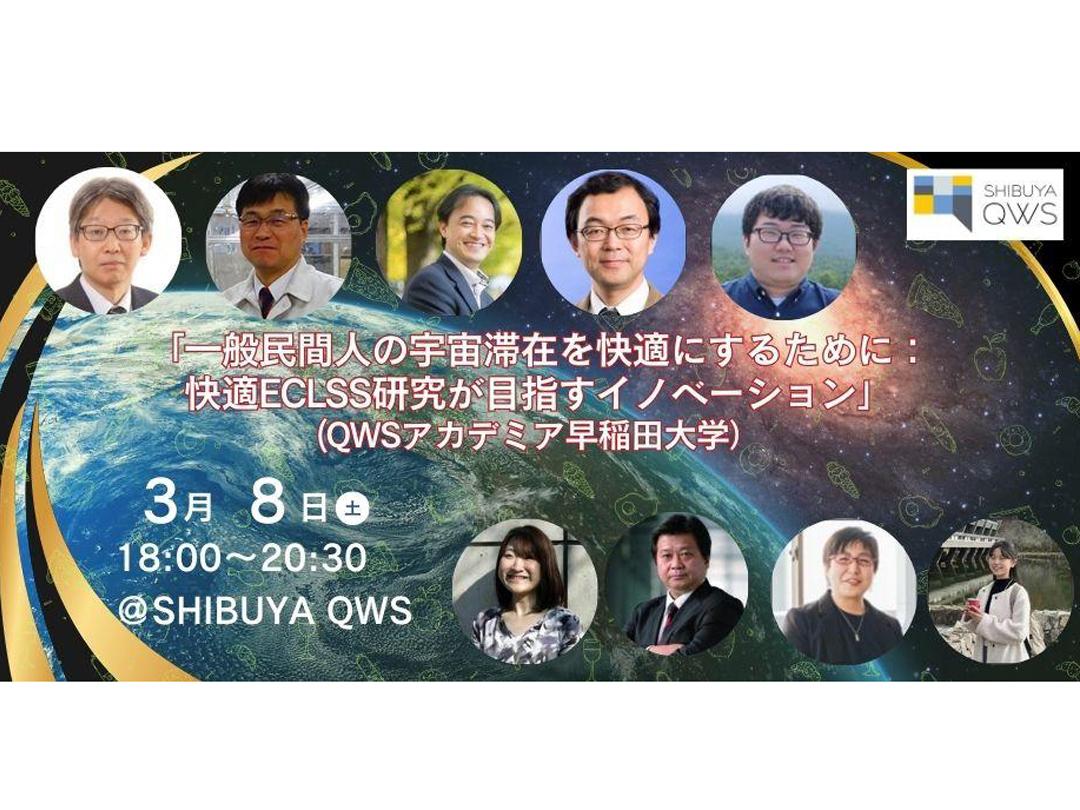
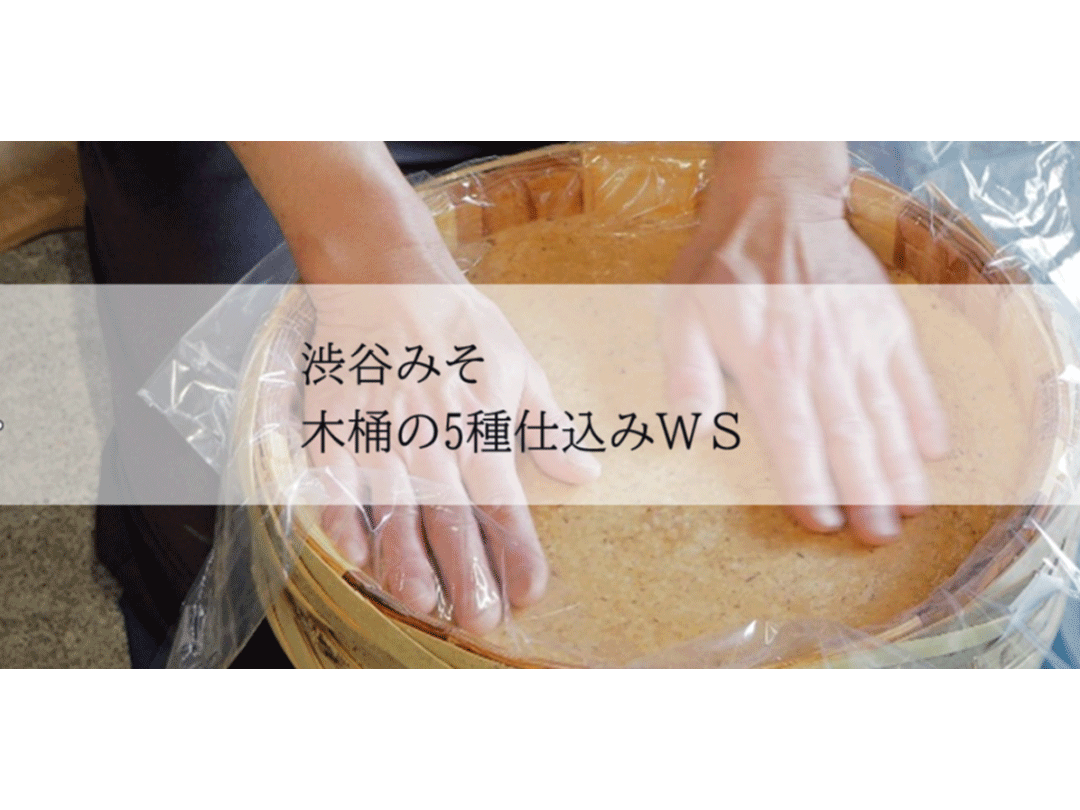
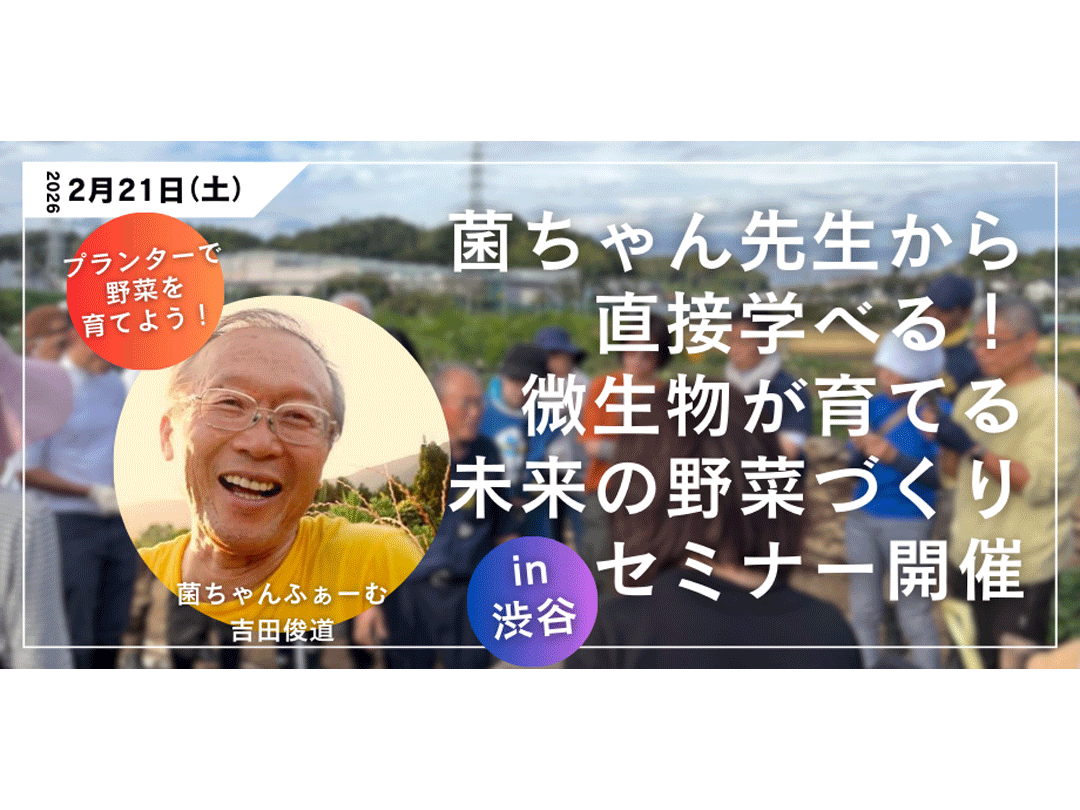

![[Parent-child math class] Math puzzle class - Become a treasure hunter and find the treasure of Math Island! in Shibuya](https://biz.shibuyabunka.com/storage/images/event/1767705548.png)
